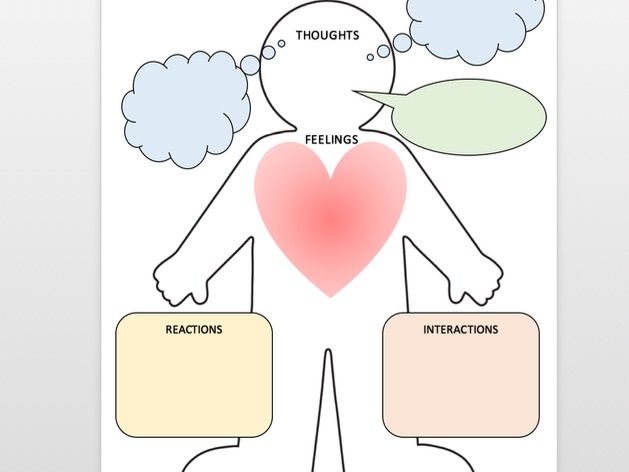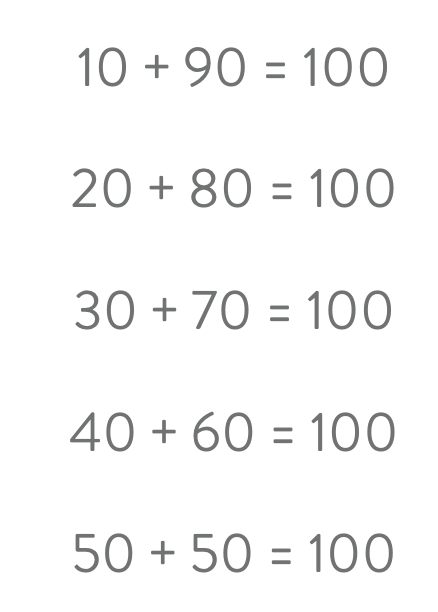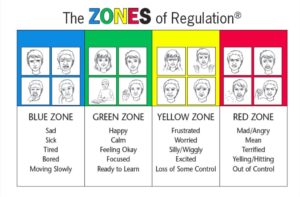Welcome to Hungerford Bridge Class.
Class teacher: Miss Agyemang
Teaching assistant: Ms Jones
English
At Howard Primary School we have adopted The Power of Reading scheme for literacy. Our literacy work is based around a core text. The text we are working on has now been revealed. We are reading The Storm Whale by Benji Davies.
Other books by Benji Davies include:

This week in English we will be focusing on:
- discussion about a character’s dilemma
- debate
- role on the wall/message in a bottle
- story map the story of The Storm Whale
Discussion about a character’s dilemma
The main character Noi has a dilemma. We will look into his dilemma and discuss the two possible solutions to this problem.
Debate
Before making a choice as to what Noi should do, the children will take part in a Conscious Alley. Conscience Alley invites students to explore multiple sides of a character’s choice within a specific dilemma. The strategy is used to embody and analyse the range of ideas, motivations, and factors that a character may be thinking about when making a major decision.
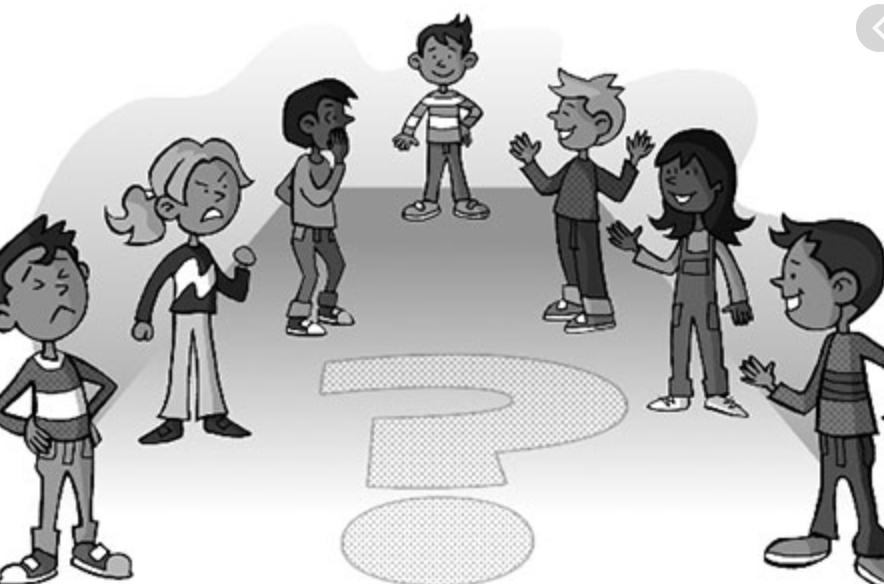
Role On The Wall – characters’ behaviours, thoughts & feelings/ Message in a bottle
Role on the Wall is a strategy that invites students to infer meaning about a character. They think about the character’s action, emotions and thoughts. We will update our existing Role On The Wall for Noi and his father. We will think about what changes have occurred since we first read the story.
Noi will have to say goodbye to something this week. The chidlren will write a good bye letter from Noi’s persceptive.
Story map the story of The Storm Whale
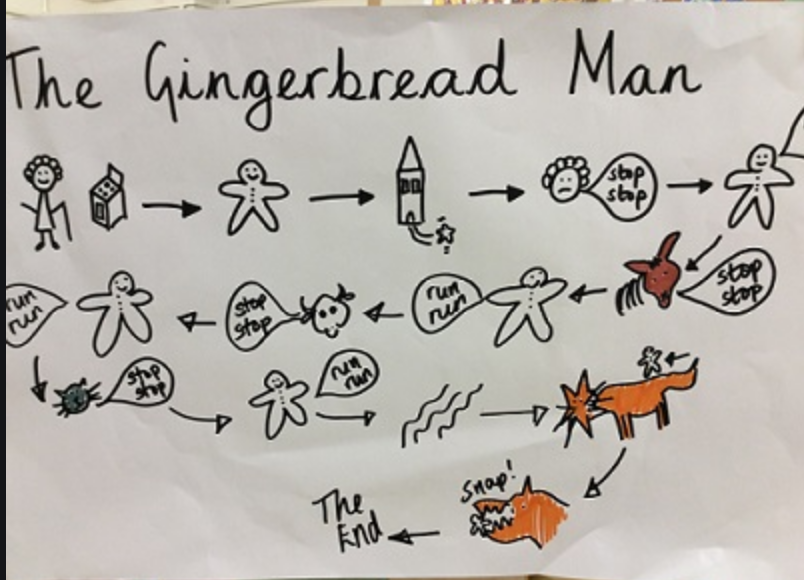
The children will story map The Storm Whale. Story mapping helps the children when they come to writing their own story of innovating a story. We will be thinking about key parts in the story and we will write phrases/ sentences to describe such parts.
Maths
-
- We are going to start our addition and subtraction block this term.
- Number bonds within 10
- Number bonds within 20
- Consolidating related facts
- Consolidate number bonds to 100 (multiples of 10)
- Add and minus ones
00 (multipes of 10)
- Add and minus ones
- We are going to start our addition and subtraction block this term.
- Number bonds within 10
Although most children are familiar with their number bonds to 10, they are not fully secure with their number bonds to 2,3,4,5,6,7,8 and 9. Knowing number bonds to these amounts will help children with bridging when we do addition and it will also help them with their related facts. 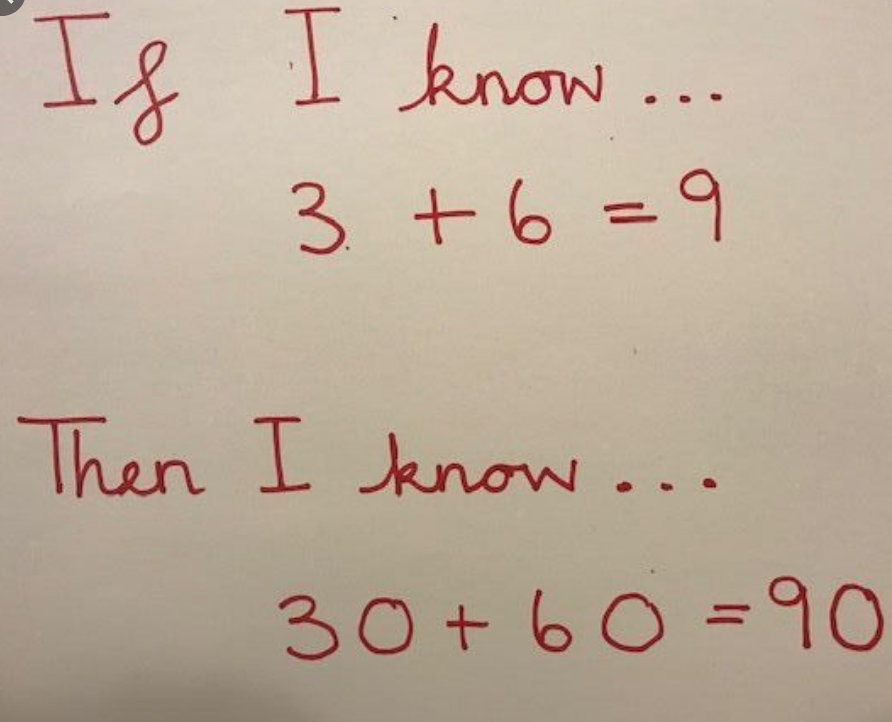
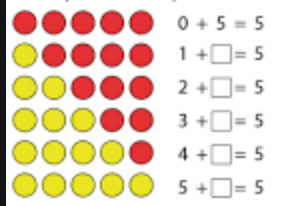
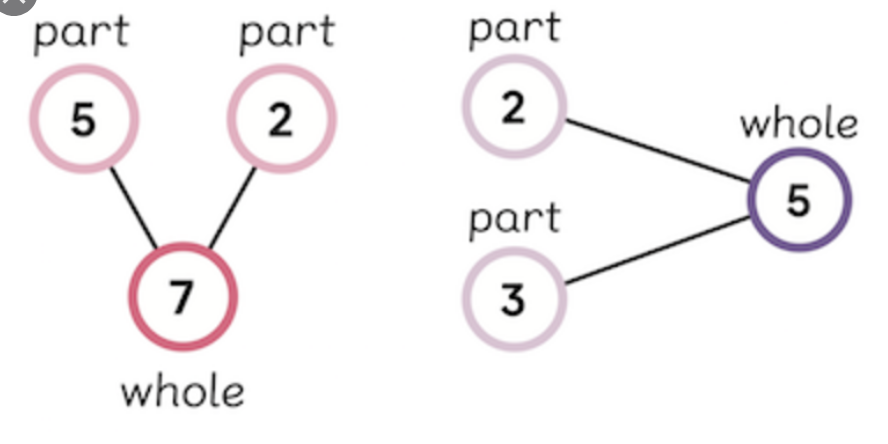
- Number bonds within 20
Children can use their knowledge of number bonds within 10 to help them understand their number bonds within 20. If they know that 5 + 3 = 8, then they can use this information to help them work out 15 + 3 = 18. 18 can also be made using 17 + 1; 16 + 2; 15 + 3; 14 + 4 …
- Consolidate related facts
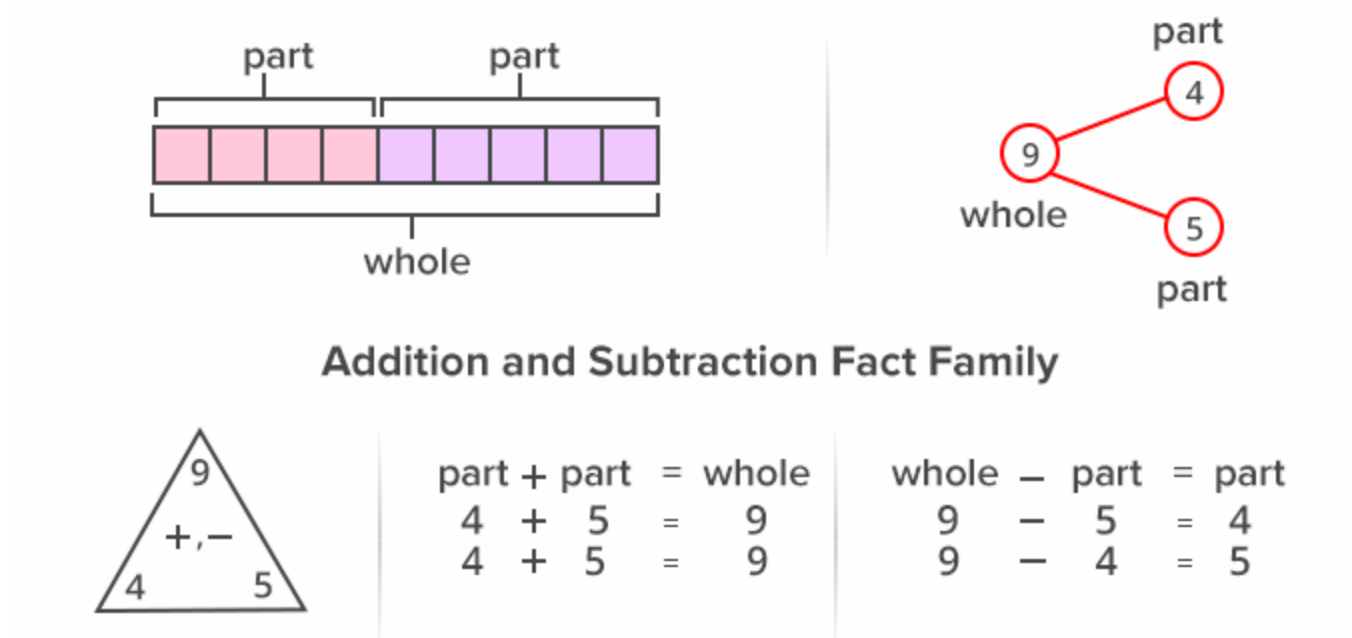
A fact family is a group of math facts using the same numbers. In the case of addition/subtraction, you use three numbers and get four facts. The above facts are related as all 3 numbers have a relationship and can be used in addition and subtraction sums.
- Consolidate number bonds to 100 ( multiples of 10)
Children can use their knowledge of number bonds to 10 to help them with their understanding of number bonds to 100.
Example
1 + 9 = 10 10 + 90 = 100
2 + 8 = 10 20 + 80 = 100
3 + 7 = 10 30 + 70 = 100
4 + 6 = 10 40 + 60 = 100
5 + 5 = 10 50 + 50 = 100
- Add and minus ones
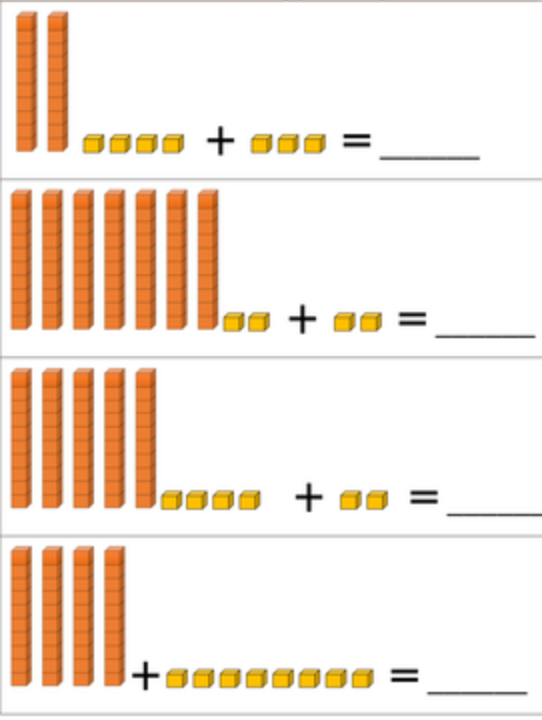
Children will add or subtract ones from numbers.
Science
We are continuing with our Materials Topic. This week we will have a focus on materials and their ability to change shape.
https://www.bbc.co.uk/bitesize/articles/z4yw2fr
Some materials can change shape but bounce back again – springs, rubber bands and balloons. Other materials stay in their new shape. If you push or pull on dough or modelling clay and change its shape, what happens? It stays in the new shape. You can use force to mould dough and clay. Can you think of some materials that can change shape ?
Religious Education
The focus this term will be different religions
Computing
We will continue to focus on e-safety and the importance of being safe when using the internet. We will focus on adults who can help us feel safe whilst using the internet. We will think about the importance of not sending pictures or posting pictures online.
Music
Children will explore sound body percussion.

PE
Our focus this term will be hockey and dance/exercise.
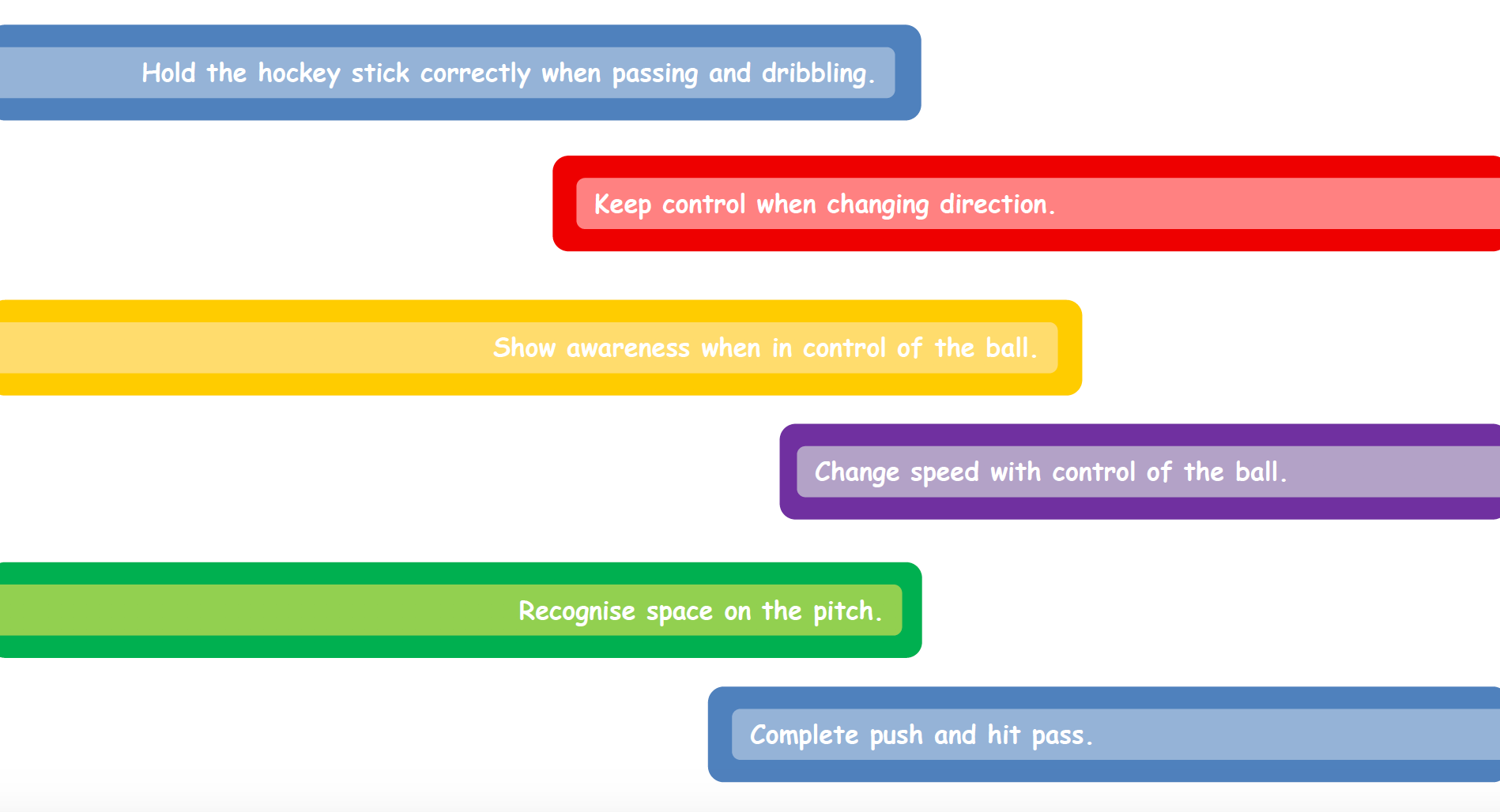
History
We will be accessing a true or false quiz about this heroine.
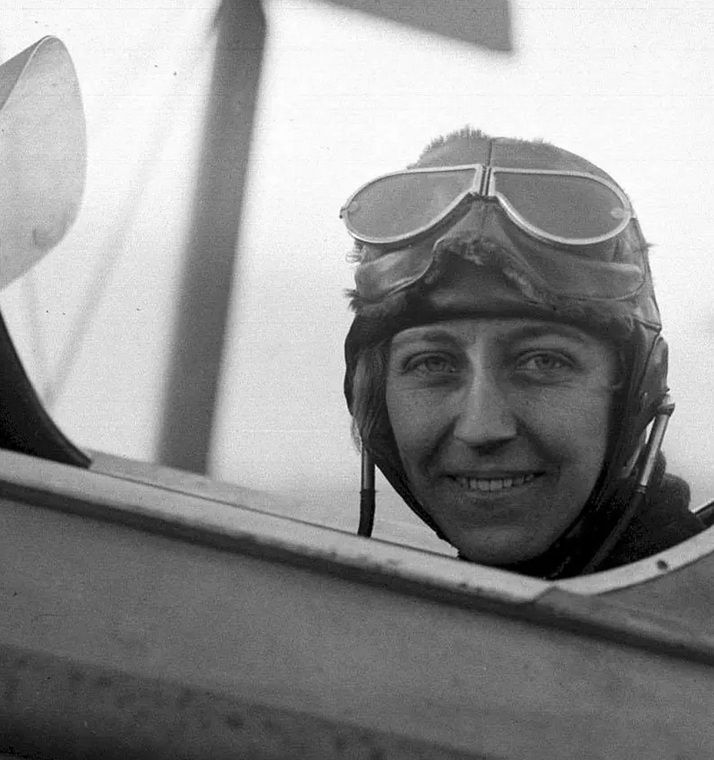
PSHE
We have introduced the children to a programme called Zones of Regulation which we are hoping will help regulate feelings and emotions and offer the children the correct way to talk about their feelings.
We will continue to consolidate the school’s policy of Good to be Green and the 5C’s.
Reading
When reading with your child at home ask them questions related to their book.
Questions to ask before you read
- Can you look at the pictures and predict what you think will happen in this book?
- What makes you think that?
- What characters do you think might be in our story?
- Do you think there will be a problem in this story? Why or why not?
- Does the topic/story relate to you or your family? How?
Questions to ask during the reading
- What do you think will happen next?
- What can you tell me about the story so far?
- Can you predict how the story will end?
- Why do you think the character did _______?
- What would you have done if you were the character?
- How would you have felt if you were the character? (use different characters)
- As I read____________, it made me picture________ in my head. What pictures do you see in your head?
- As you read, what are you wondering about?
- Can you put what you’ve just read in your own words?
Questions to ask after reading
- Can you remember the title?
- In your opinion, was it a good title for this book? Why or why not?
- Were your predictions about the story correct?
- If there was a problem, did it get solved?
- What happened because of the problem?
- Why do you think the author wrote this book?
- What is the most important point the author is trying to make in his writing?
- What was your favourite part of the story?
- If you could change one thing in the story, what would it be?
- Can you retell the story in order?
- If you were __________, how would you have felt?
- What is the most interesting situation in the story?
- Is there a character in the story like you? How are you alike?
Why did you like this book?
Mathletics
A big well done to all the children completing their Mathletics. Some children have managed to earn certificates for their hard work.
Gold

Aayush (Hungerford)
(Westminster)
Silver

Aayush (Hungerford)
(Westminster)
Bronze

Ishmeal, Zachary, Agyeiwaa, Hamza, Oliver, Yigit Emre, Logan, Alesha, Faith, Aayush, Afia and Freddie (Hungerford)
(Westminster)
[dropshadowbox align=”none” effect=”lifted-both” width=”auto” height=”” background_color=”#60aee0″ border_width=”1″ border_color=”#1125c0″ ]Homework (including Mathletics) is set on Google Classroom[/dropshadowbox]
English
At Howard Primary School we have adopted The Power of Reading scheme for literacy. Our literacy work is based around a core text. The text we are working on has now been revealed. We are reading The Storm Whale by Benji Davies.
Other books by Benji Davies include:

This week in English we will be focusing on:
- reading information for research
- information writing – non-fiction on whales
- information writing documentary
- story mapping island life
Reading information for research
Children will research informaton about whales from a variety of media.
Information writing – non-fiction on whales
Children will use the research they collected on Monday to help them write some information about whales.
Information writing documentary
As a class we will write a script for a nature documentary about whales. We will use the information gathered on Monday to help us. We will watch some documentaries about whales in order to listen to the ‘style of speaking’ and imitate this. We will distinguish between scientific evidence and description.
Story map island life

The children will story map a day in the life of Noi. They will use their knowledge of islands and use this to help them story map a story that they would tell to a whale.
Maths
-
We are going to start our addition and subtraction block this term. This week we will:
- compare number setnences
- understand related facts
- number bonds to 100 (multipes of 10)
- add and minus ones
- understand 10 more and 10 less
- compare number setnences
- Compare number sentences
Children will be comparing number sentences using the <, > and = symbols.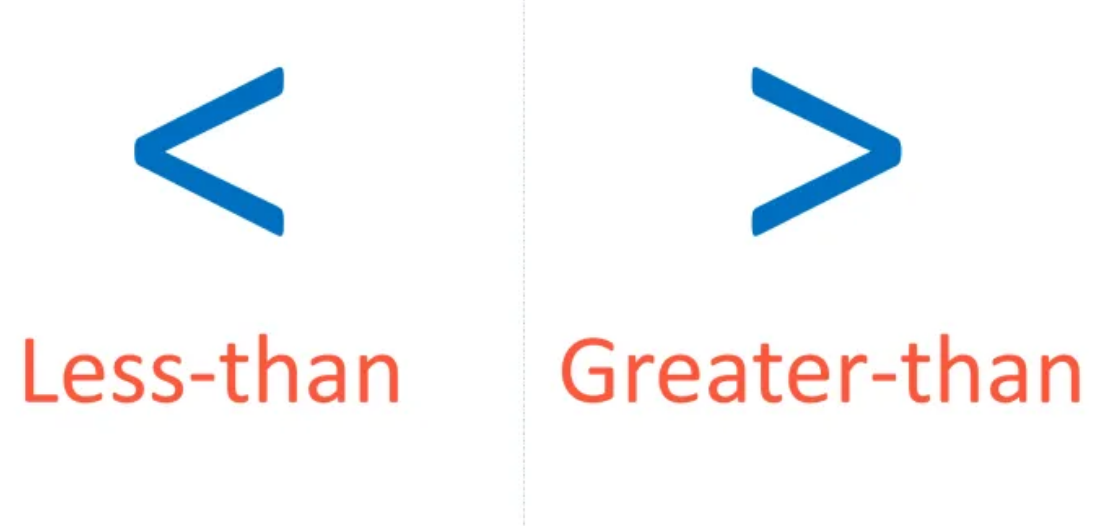
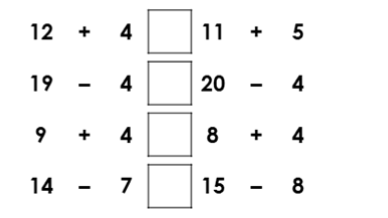
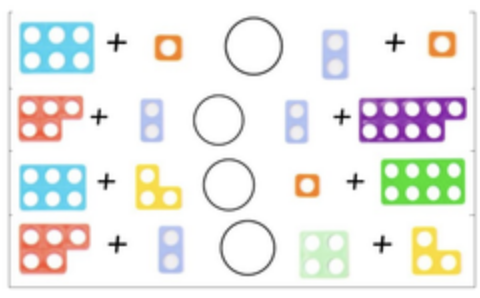
- Understand related facts

A fact family is a group of math facts using the same numbers. In the case of addition/subtraction, you use three numbers and get four facts. The above facts are related as all 3 numbers have a relationship and can be used in addition and subtraction sums.
- Number bonds to 100 ( multipes of 10)
Children can use their knowledge of number bonds to 10 to help them with their ubnderstanding of number bonds to 100.
Example
1 + 9 = 10 10 + 90 = 100
2 + 8 = 10 20 + 80 = 100
3 + 7 = 10 30 + 70 = 100
4 + 6 = 10 40 + 60 = 100
5 + 5 = 10 50 + 50 = 100
- Add and minus ones

Children will add or subtract ones from numbers.
- Understand 10 more or 10 less
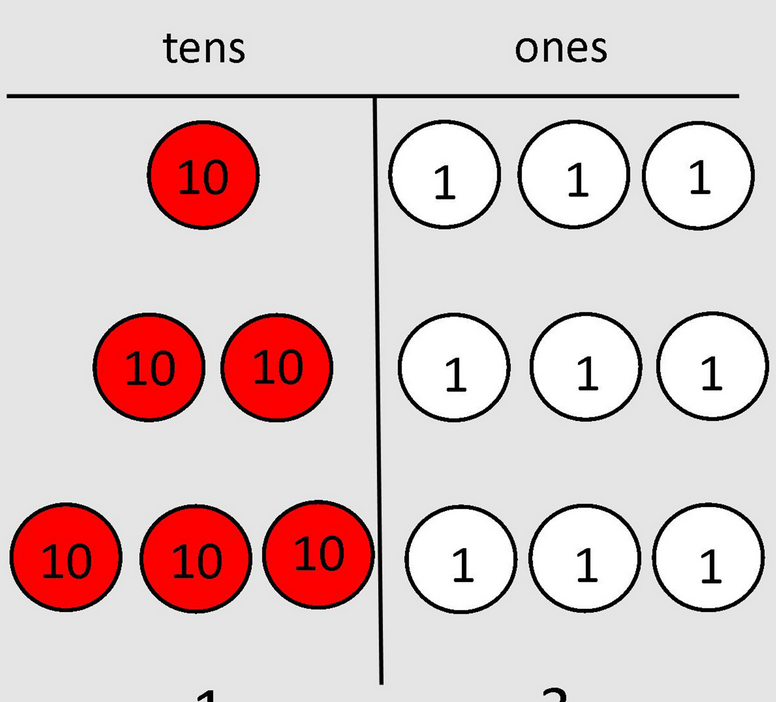
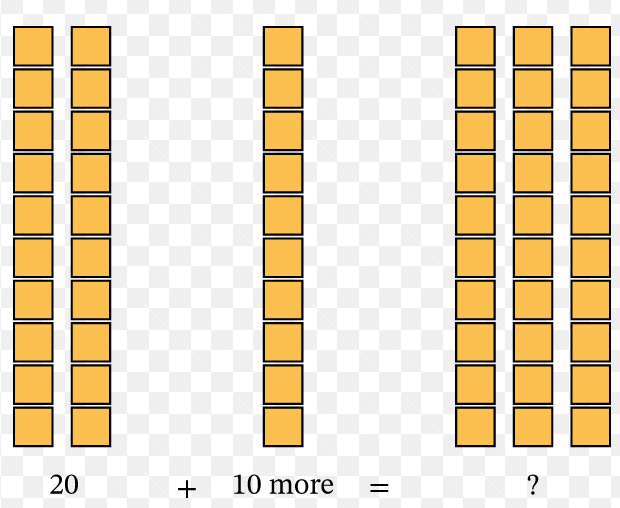
When adding or subtracting 10 the ones do not change – they remain the same.
Science
We will be comparing the suitability of materials. We will be exploring the useful properties of a range of materials. We will be looking at different objects, thinking about what materials they are made from, and explain why they are suitable in each situation.
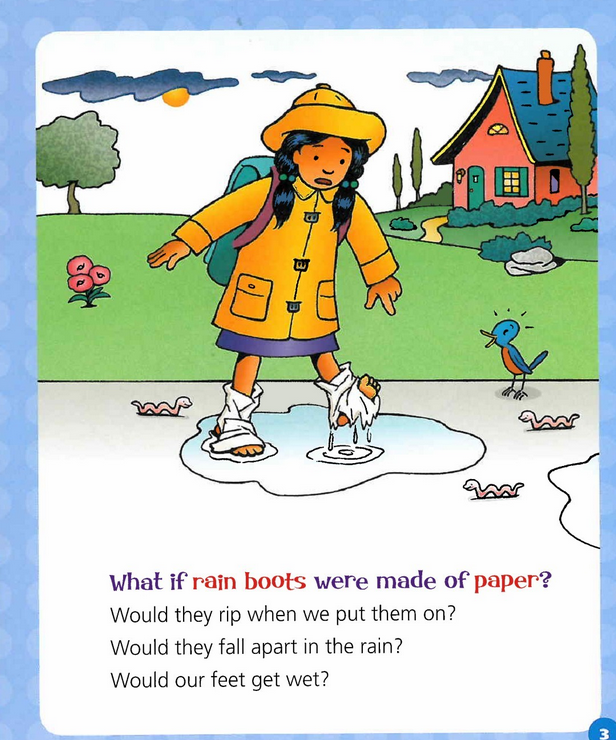
Religious Education
The focus this term will be about things that are special to us.
Computing
We will continue to focus on e-safety and the importance of being safe when using the internet. We will focus on adults who can help us feel safe whilst using the internet.
Music
Children will explore sound body percussion.

PE
Our focus this term will be hockey and dance/exercise.

History
We will be learning more about Amy Johnson. We will be thinking about her momentous journey and the type of equipment she would need to take with her.

PSHE
We have introduced the children to a programme called Zones of Regulation which we are hoping will help regulate feelings and emotions and offer the children the correct way to talk about their feelings.
We will continue to consolidate the school’s policy of Good to be Green and the 5C’s.
Reading
When reading with your child at home ask them questions related to their book.
Questions to ask before you read
- Can you look at the pictures and predict what you think will happen in this book?
- What makes you think that?
- What characters do you think might be in our story?
- Do you think there will be a problem in this story? Why or why not?
- Does the topic/story relate to you or your family? How?
Questions to ask during the reading
- What do you think will happen next?
- What can you tell me about the story so far?
- Can you predict how the story will end?
- Why do you think the character did _______?
- What would you have done if you were the character?
- How would you have felt if you were the character? (use different characters)
- As I read____________, it made me picture________ in my head. What pictures do you see in your head?
- As you read, what are you wondering about?
- Can you put what you’ve just read in your own words?
Questions to ask after reading
- Can you remember the title?
- In your opinion, was it a good title for this book? Why or why not?
- Were your predictions about the story correct?
- If there was a problem, did it get solved?
- What happened because of the problem?
- Why do you think the author wrote this book?
- What is the most important point the author is trying to make in his writing?
- What was your favourite part of the story?
- If you could change one thing in the story, what would it be?
- Can you retell the story in order?
- If you were __________, how would you have felt?
- What is the most interesting situation in the story?
- Is there a character in the story like you? How are you alike?
Why did you like this book?
Mathletics
A big well done to all the children completing their Mathletics. Some children have managed to earn certificates for their hard work.
Silver

Tymon (Hungerford)
Brady, Teodora, Mia and Hasan (Westminster)
Bronze

Ishmael, Hamza, Rayyan, Yigit Emre, Mohamed, Alesha, Aayush, Afia, Elena and Tymon (Hungerford)
Luke, Mikael, Barin, Bonnie, Anaya, Stanley, Kahlil, Yusef, Carter, Emily, Harvey, Priscilla, Teodora, Mia, Brady, Carlotta and Hasan (Westminster)


